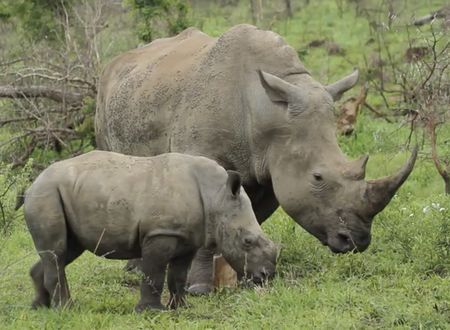In one of my previous posts, I had mentioned how geography flash cards had become an interesting play for Advaita (my daughter).
At the time of writing this post, she had already reached the ability to recognize the flags of more than 50 countries. All this in a span of just 30 days.
It’s no small feat for a 5-year-10-month-old who had never heard the names of the countries (I started with the 50 most unknown names).
While I was trying to figure out what could be the reason behind her grasping things so fast, I came across the book The Talent Code: Greatness isn’t born. It’s grown
In the book, author Daniel Coyle coined a term called Deep Practice.
He uses this to describe a specific type of practice that is essential for mastering a skill. According to Coyle, the deep practice involves the following elements:
- It is highly focused: Deep practice requires intense concentration and attention to detail, with the goal of improving specific aspects of a skill.
- It is challenging: Deep practice should push the limits of one’s abilities and require effort to perform.
- It is repetitive: Deep practice involves repeating the same task or skill multiple times in order to ingrain it into the brain.
- It requires immediate feedback: Deep practice is most effective when the person practicing is able to receive immediate feedback and adjust their performance accordingly.
- It is designed to create Myelin: Deep practice triggers the production of Myelin, a substance that surrounds nerve fibers in the brain, this myelination process improves the signal transmission and, therefore, the skill.
In my daily activity of learning flags with Advaita, we tick almost all of the above requirements.
Further, the author lays out three key principles of “deep practice,” which he argues is the key to unlocking our potential and mastering a skill. These principles are as below:
- Chunking: This refers to breaking down a skill or task into smaller, manageable pieces and focusing on mastering each piece individually before moving on to the next. By breaking down a skill into chunks, it becomes easier to focus on specific areas that need improvement and to measure progress.
- Myelin: Coyle explains how myelin, a substance that surrounds nerve fibres in the brain, plays a critical role in the formation of new neural connections. He argues that deep practice, by nature of its repetition and focus, causes the myelin to be generated and wrapped around nerve fibers, leading to faster and more accurate neural signalling and, thus, the mastery of a skill.
- Ignition: This principle refers to the importance of having a passion for what you’re doing and an “ignition” moment when a new skill clicks and you become motivated to continue practicing. Coyle argues that this passion and motivation are crucial for sustained deep practice, which is necessary for mastering a skill.
Here is a video link to a quick rapid-fire play we had on flag identification.
In principle, we were able to build enough motivation in Advaita to keep her interested without overwhelming her with the “task”. We had left it open as a fun activity but to the boundaries of timing and consistency. Too much leeway will dilute the myelin development process. Since we were able to maintain consistency, the brain automatically prompts her to do this activity on a daily basis.
By the time I reached writing the end of this article, Advaita’s score stands at 80 flags (Video Link). The human hunger in her now targets full 100 flags.
Now try imagining the outcome if I would have told her six weeks ago, ” You have to learn to recognize 100 flags by the end of 6 weeks”.
9 out of 10 times, we would have failed to do that.
More than open to discuss, suggest and learn on activities for kids’ engagement with the os.me family
Happy learning Everyone!
P.S. In the process, I ended up learning 80 flags myself.









Comments & Discussion
16 COMMENTS
Please login to read members' comments and participate in the discussion.